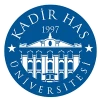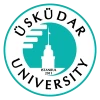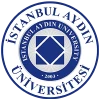Computer engineering is one of the most popular fields of study in the world today, and many international students choose to pursue their studies in Turkey. Graduates of this major often have a promising career future.
Have you ever wondered how the world became so dependent on technology so quickly? Who was responsible for this transformation that propelled us into a powerful technological age? This is the primary goal of studying computer engineering: to be the bridge between the past and the developed future. As for the present, it is you. By studying computer engineering, you can move from the past to a developed future at the speed of light. Read on to find out everything you need to know about studying computer engineering in Turkey.

Study Computer Engineering in Turkey
- Benefits of Studying Computer Engineering in Turkey
- Duration of Studying Computer Engineering in Turkey
- Departments of Computer Engineering Specialization in Turkey
- Top Computer Engineering Universities in Turkey
- Steps to Apply for Computer Engineering Studies in Turkey
- Admission Requirements for Studying Computer Engineering in Turkey
- Admission Documents for Studying Computer Engineering in Turkey
- Cost of Studying Computer Engineering in Turkey
- University Housing for Computer Engineering Studies in Turkey
- Student Life in Turkey
- Tips for Students Wishing to Study Computer Engineering in Turkey
Benefits of Studying Computer Engineering in Turkey
Computer engineering degrees in Turkey are cutting edge. Turkey is becoming an increasingly attractive choice for students seeking to obtain a bachelor's degree in this field. Here are some of the most prominent features:
1. Integration of academic and industrial activities: Engineering education system in Turkey has seen great development in recent times, reflected in the level of education and universities. This includes increased integration of academic and industrial activities, allowing students to keep up with the needs of the labor market.
2. Practical training: Computer engineering universities in Turkey provide practical and applied training for all theoretical studies that a student undergoes during their undergraduate studies in computer engineering. This helps graduates gain experience and break into the labor market with confidence. Ostim Technical University is one of the most prominent universities that provides practical training and helps its students participate in large national projects to develop their scientific and practical skills.
3. Language of study: Most Turkish universities teach computer engineering in either English or Turkish. For those who do not have proof of language proficiency, such as TOEFL or IELTS, there is a preparatory year for the English language available.
4. Reasonable tuition fees: The cost of studying computer engineering in Turkey is very reasonable, with tuition fees starting at around $3,000 annually and reaching up to $15,000 depending on the university. Turkey Campus offers discounts on tuition fees when applying through us.
5. Job opportunities after studying computer engineering in Turkey: The Turkish economy has seen amazing growth in recent years, creating a great need for specialists in the field of computer engineering. Graduates can also work anywhere in the world, as there is an increasing demand for computer engineers. Also, the equivalence of Turkish computer engineering degrees in Arab countries is very easy!
Duration of Studying Computer Engineering in Turkey
The duration of studying computer engineering in Turkey is four years, which may extend to five years if the preparatory year is added to study the language. During the first year, students study a number of basic courses such as physics, mathematics, and computer programming. In the following years, they study a group of basic courses in computer science, computer engineering, and practical applications.
The duration of postgraduate studies in computer engineering in Turkey is two academic years.
Departments of Computer Engineering Specialization in Turkey

The curricula and educational content may differ according to several factors, including country, language, and university. In this article, we will list the curricula that prevail in computer engineering in Turkey for each academic year. Computer engineering programs in Turkish universities are divided into six main sections: computer science, computer systems, cybersecurity, computer engineering, software engineering, network engineering, and information technology.
In general, computer engineering subjects in Turkey are divided into compulsory subjects, elective subjects, and basic specialization subjects. Compulsory subjects are those imposed by the university on all students in their various disciplines, such as sociology, humanities, and the basics of language. Elective subjects are those that the university places for students in various disciplines, but the student has the right to choose between them.
Major subjects are specialized courses related to computer engineering, including general and elective courses such as physics, engineering drawing, statistics, etc. Some of them are compulsory, such as principles of statistics, calculus, engineering mathematics, general physics, electrical circuits, electrical circuits lab, analysis of electromagnetic signals and systems, electronics laboratory, communications, digital logic lab, assembly language and microprocessors, computer applications, microprocessor systems design, embedded systems, embedded systems lab, computer organization, problem solving with object-oriented programming, computer networks, computer design, digital electronics, network and internet programming.
In addition to theoretical lectures and practical applications, Turkish universities offer computer engineering students opportunities for practical training in a real-world environment. Students are also required to submit a graduation project in their final year of study.
Top Computer Engineering Universities in Turkey
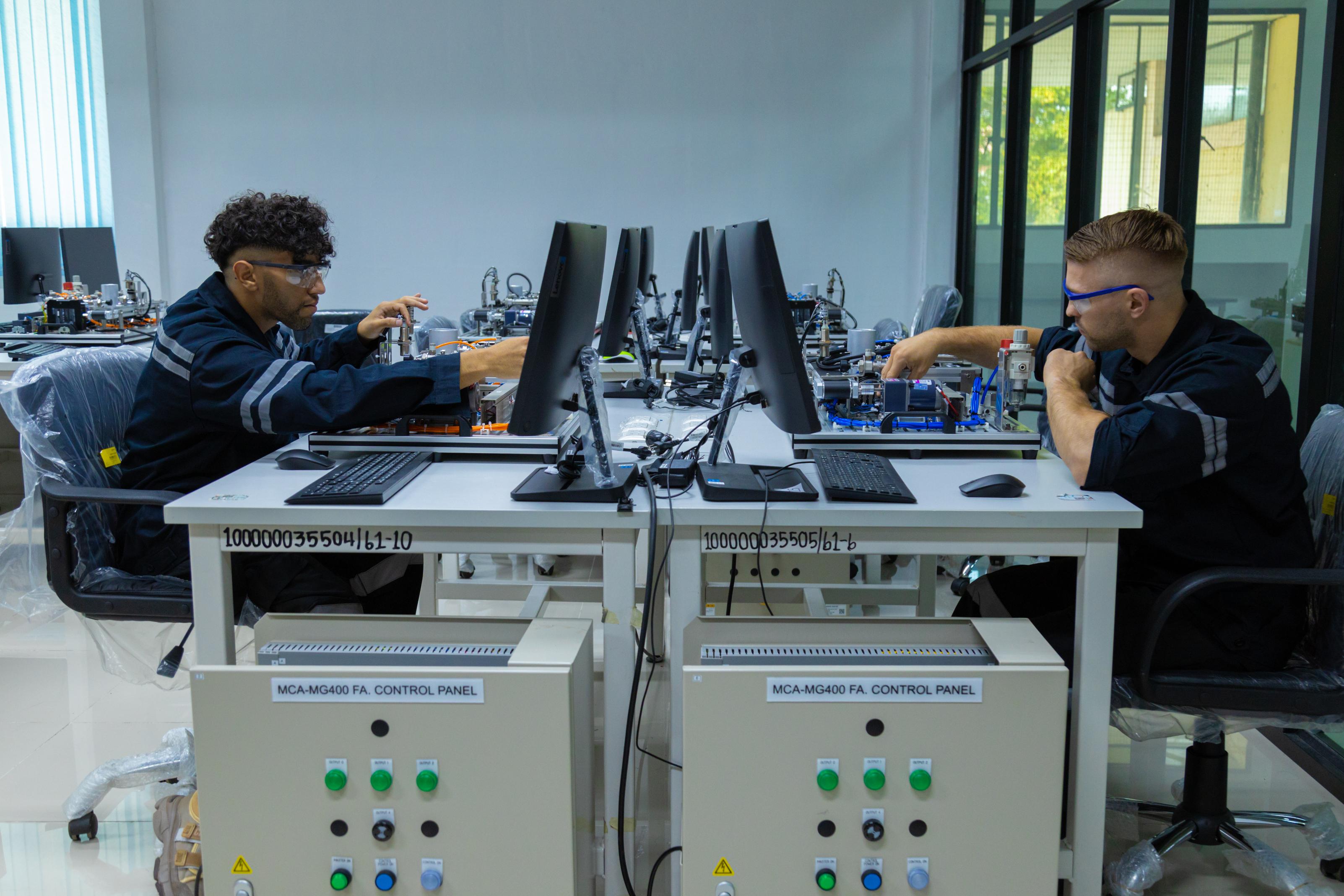
The best universities to study computer engineering in Turkey are plentiful. There are dozens of public and private universities in all Turkish cities that teach this subject. The best public universities to study computer engineering in Turkey include Middle East Technical University, Istanbul Technical University, Boğaziçi University, Koc University, and Sabanci University.
Other universities that have the best computer engineering colleges in Turkey include:
Ostim Technical University
Established in 2017, Ostim University was founded by the Ostim Foundation for Education, Research, Development, Promotion, and Solidarity. It offers a Bachelor of Computer Engineering program in English. It also provides its students with the possibility of practical training, in addition to the preparatory year for the English language for non-holders of a language proficiency certificate. You can apply to Ostim Technical University through Turkey Campus.
Istanbul Medipol University

Established in 2009, this university was founded by the current Turkish Minister of Health, Dr. Fahrettin Koca. Istanbul Medipol University offers a Bachelor of Computer Engineering program in Turkish.
Gelişim University
Established in 2008 as Istanbul Gelişim Vocational School and later transformed into a university, Gelişim University offers a Bachelor of Computer Engineering program in English. You can apply to Gelisim University through Turkey Campus and get discounts!
Istanbul Aydin University
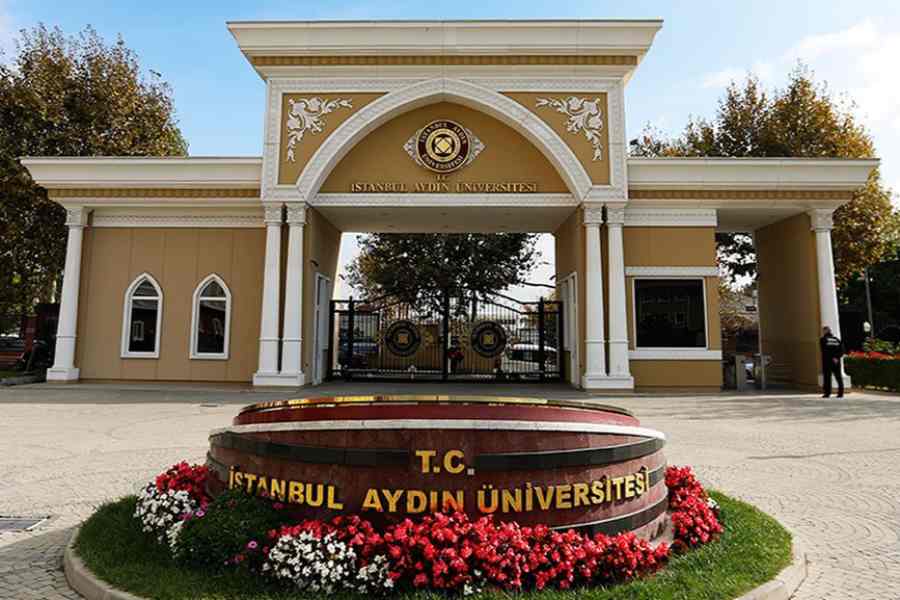
Established in 2003 by the Anadolu Education and Culture Foundation (AKEV), Istanbul Aydın University offers a Bachelor of Computer Engineering program in English.
You can contact one of the Turkish Campus consultants to learn more details about computer engineering programs or other engineering specializations in Turkey in Turkish universities and discounts on tuition fees when applying through Turkish Campus.
You can also learn more about the computer engineering specialization through the following video:
Steps to Apply for Computer Engineering Studies in Turkey
Turkey Campus’ services include helping you apply for a computer engineering degree at a Turkish university. Here's how:
- Go to our website and explore the computer engineering programs that match your interests.
- Click “Apply now” and schedule a free consultation with a member of our experienced team.
- Gather your academic transcripts, certificates, and passport and send them our way.
- We then submit your application to your chosen university, free of charge.
- We will keep track of your application and keep you informed until you receive your acceptance letter!
- Apply for your visa for studying computer engineering in Turkey.
- Arrive in Turkey, complete your registration, and start studying at your chosen university!
Admission Requirements for Studying Computer Engineering in Turkey
The conditions for studying computer engineering in Turkey vary depending on the university you are applying to, whether it is a private or public institution. The most important enrollment conditions in computer engineering universities in Turkey are as follows:
- High school diploma or equivalent
- YOS entrance exam
- Language proficiency test

Admission Documents for Studying Computer Engineering in Turkey
The following are the documents needed for admission to computer engineering colleges in Turkey:
- Completed application form
- High school diploma and translated transcripts
- Entrance exam scores
- Language proficiency certificate
- Passport copy
- Passport-sized photos
- Letter of motivation
- Letters of recommendation
Cost of Studying Computer Engineering in Turkey
The cost of studying computer engineering in Turkey varies from one university to another, whether it is governmental or private. The language of study also affects tuition fees, as programs offered in English are usually more expensive than those offered in Turkish. Tuition fees for computer engineering in Turkish universities range from 3,000 to 15,000 USD annually.
You can contact one of the Turkey Campus advisors to learn more details about the discounts on tuition fees that you can get when applying through Turkey Campus.

University Housing for Computer Engineering Studies in Turkey
If you're worried about not finding student housing in Turkey, we're here to reassure you. The majority of Turkish universities offer on-campus student housing, making it quite easy for students to engage in campus life and meet fellow students. If you're a person who treasures their privacy, off-campus accommodation is also available near universities' campuses.
Student Life in Turkey

University life in Turkey is vibrant, energetic, and fun in general. On campus, universities have many student clubs and events students can participate in. Off-campus, students can enjoy cultural festivals and locations, sports activities, and social events. Life in Turkey for Arab students is quite enjoyable.
Tips for Students Wishing to Study Computer Engineering in Turkey
Lastly, the following are some key tips and tricks to keep in mind when studying computer engineering in Turkey:
1. Boost your stay with a few key Turkish phrases! It'll make everyday interactions smoother and open doors to a richer experience.
2. Get a head start on your university journey! Research and plan for programs with Turkey Campus well in advance.
3. Immerse yourself in the local culture! Embrace it by joining events, exploring historical sites, and adjusting to the way of life.
If computers and their studies are your passion, you have a great opportunity to study computer engineering in Turkey, especially since admission requirements in Turkish computer engineering colleges are easy.
At Turkey Campus, we understand that your future matters to us. We provide educational consulting and services in Turkey with honesty and professionalism. We will help you step by step from the beginning of your application until ensuring your university admission, arrival, and stability. Contact us to reserve your academic seat and the major you want!
You can apply today with Turkey Campus and start studying at your dream university!






